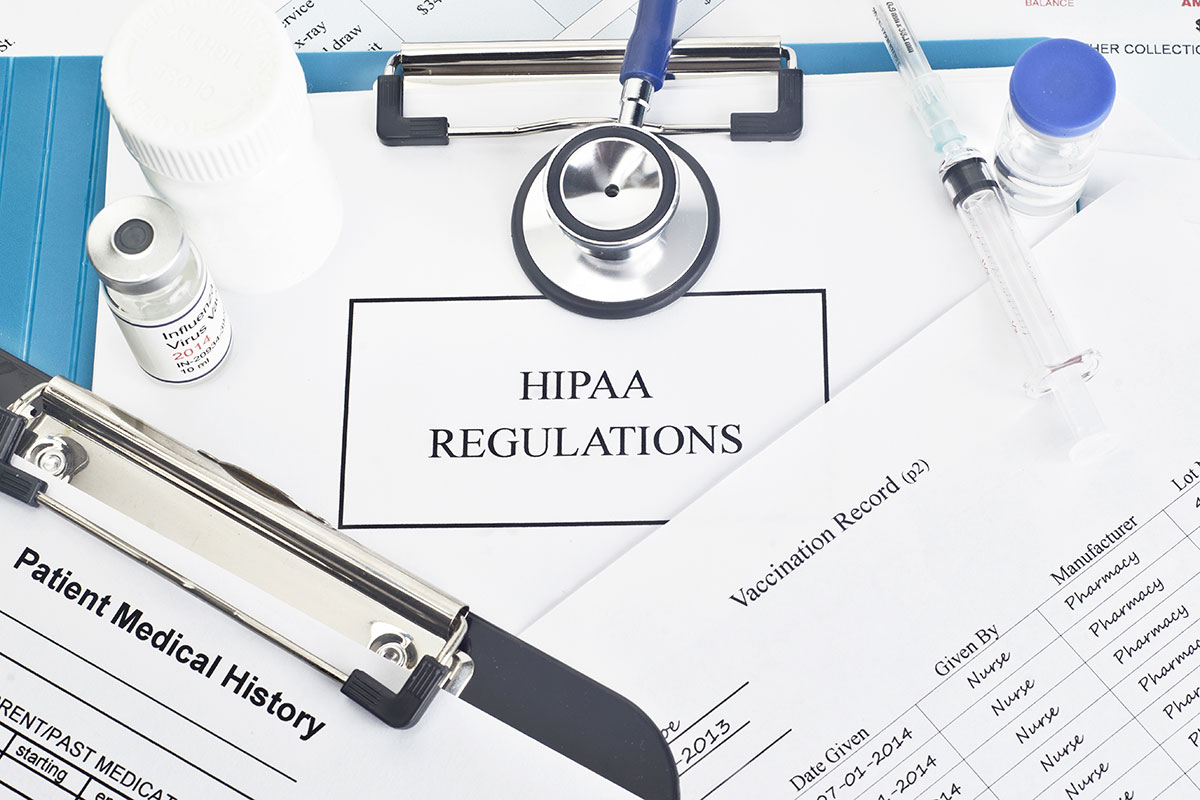Common HIPAA Violations and What You Can Do To Avoid Them
There are over 230,000 practicing physicians in the United States. If you are one of these physicians, you know all too well how hard it can be to run a medical practice and focus on top-notch patient care. One of the biggest concerns you should have as the owner of a medical practice is keeping the sensitive information you collect from your patients safe.
In 1996, the United States Government passed the Health Insurance Portability and Accountability Act (HIPAA). In short, this legislation was passed to provide medical practitioners with standards regarding data privacy and security provisions. If the tenants of HIPAA are not followed, your medical practice will receive a hefty fine.
Read below to find out more about common HIPAA violations and what you can do to avoid them.
The Lack of Data Encryption
The information that is covered in the HIPAA laws is known as protected health information (PHI). This information includes everything from a patient’s medical history to test and lab results. If you are like most medical professionals, you use a digital medical record storage system. While these systems can be helpful, there are also risks associated with using them.
If the data on these systems is not properly encrypted, it is only a matter of time before this information is compromised. Data encryption changes the information on your servers into another form like code. The only way for anyone to read this information is with a decryption key. Changing the decryption key you and your team use regularly is a great way to keep cyber-criminals at bay.
Improper Use of Laptops and Mobile Devices
Do you allow members of your team to handle medical billing tasks from home? If so, you need to make sure the devices they are using to do this work are properly secured. Each year, over 11 million people are affected by medical record hacks.
The biggest mistake most medical professionals make is instituting a bring your own device policy for their team. Doing this will only lead to problems in the long run, which is why you need to buy and maintain the devices used for remote medical billing and record keeping tasks. While this may be expensive, the overall cost will pale in comparison to a HIPAA violation fine.
Improper Record Disposal Can Be Problematic
Another common mistake you need to avoid when trying to stay in compliance with HIPAA standards is improperly disposing of protected healthcare information. Properly training your employees is one of the best ways to avoid this problem. Informing team members about the importance of shredding documents featuring your patient’s sensitive information is crucial. Simply throwing complete documents in the trash may lead to this sensitive information being compromised.
Do You Need Help With HIPAA Compliance?
Are you unsure about whether or not your medical practice is following HIPAA guidelines to the letter? If so, the team at Zenith Healthcare Solutions is here to help. Contact us now to find out more about the HIPAA privacy and security rule compliance services we offer.





Recent Comments